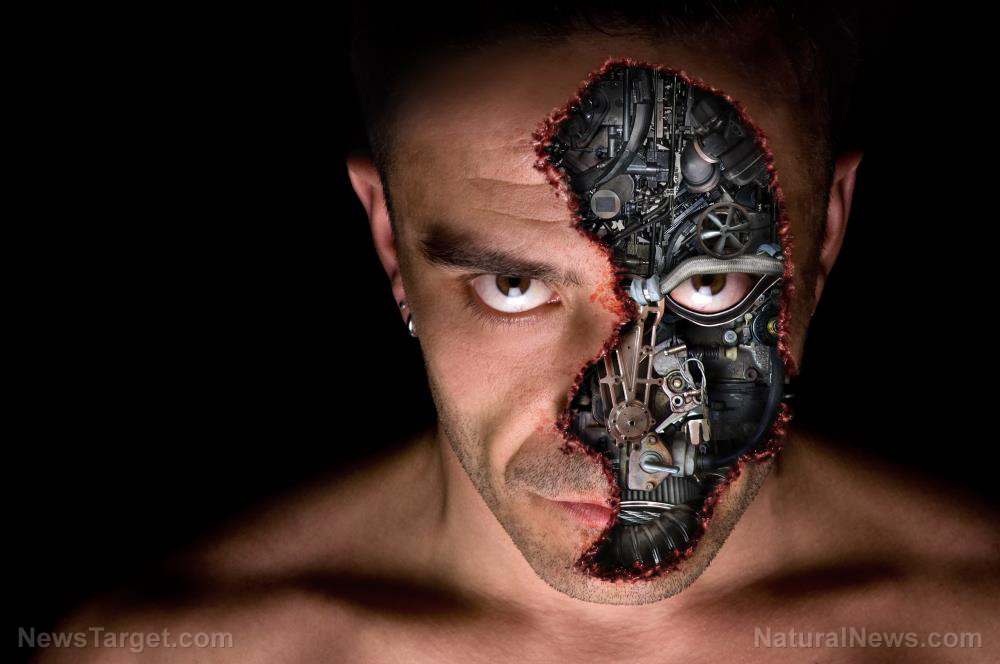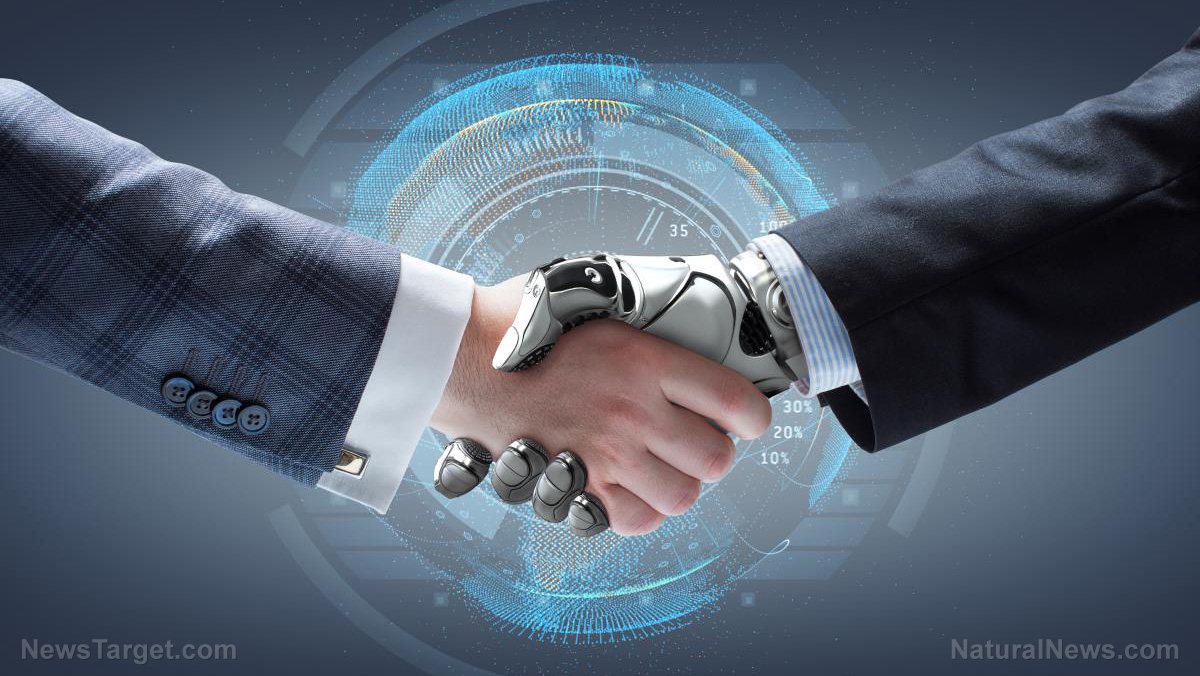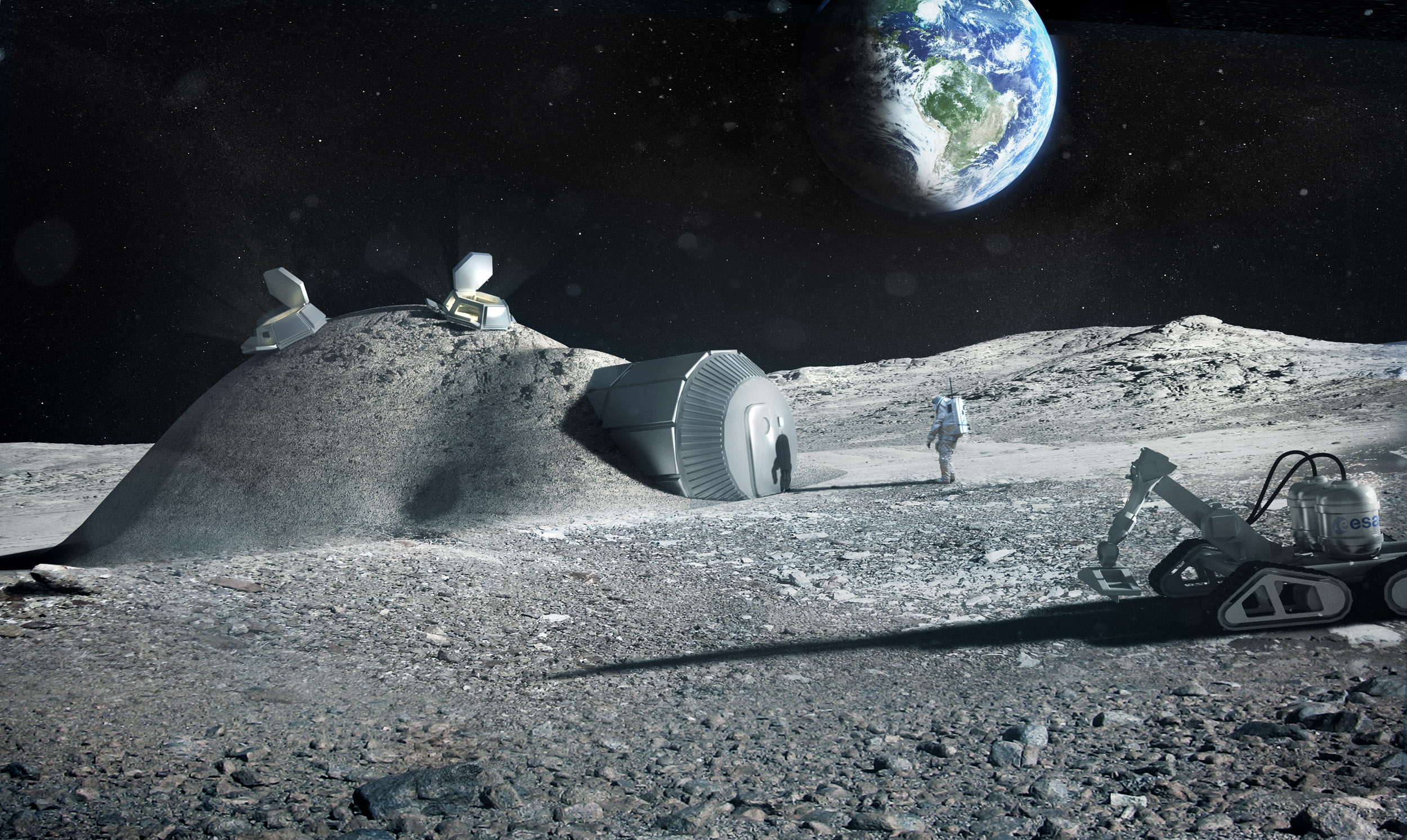CEO of company funded by OpenAI says AI robots are already working as security guards – and soon they’ll be bartenders and NURSES, too
05/23/2023 / By Ethan Huff

Artificial intelligence (AI) is moving from the cloud and computer screen into life-like humanoid robots that are now being deployed to work human jobs as security guards, bartenders, and eventually nurses.
Bernt Bornich, CEO and founder of 1X, an AI company funded by OpenAI, the maker of ChatGPT, told the media that his company’s humanoid “EVE” robot has been working as a security guard at two industrial sites since April of this year.
According to Bornich, the humanoid EVE project is going “better than we thought.” The design includes a head, a face, two arms, and can move about autonomously much like an actual human robot does.
The project is going so well that as many as 10 new EVE robots are being produced by 1X every single month. The goal is to implant these humanoid devices into all sorts of industries in order to replace human workers.
Thanks to a $23.5 million investment from OpenAI, humanoid EVE robots are already patrolling sites both in Norway and in Dallas. If anything goes wrong, human 1X workers can “step into” the android’s body through virtual reality and make it do something else on command.
“You’re there in a second as if you were there,” Bornich bragged about the technology. “We have this grand vision: we want to solve the problem of the labor shortage. We have visibility on how to solve it, but we need a lot of data.”
(Related: Will the AI robot workers of the future all be leftists?)
Five years from now, AI robots will fill the labor shortage gap
In the next five years, Bornich envisions “a completely different society” where there is no more labor shortage because millions of human jobs will soon be replaced with humanoid EVE robots doing the jobs instead.
One area where Bornich envisions AI robots taking over human roles is in elderly care facilities. Instead of actual human beings caring for the elderly, soulless humanoid EVE robots will dole out pills, spoon-feed soup, and clean bed pans.
“I think we will have a completely different society, where we don’t think about labor scarcity, where we have sustainable energy creation which can be converted into any product and service,” Bornich admitted.
“We could get there in five years, if we don’t hit any roadblocks, or within this decade. It’s going to be an exciting future.”
Less-humanlike robots have already been working as security patrol for several years now. The egg-shaped K5 robot, manufactured by California-based Knightscope, and the two-wheeled robot made by start-up Ascento are also in use as security patrol in railway depots throughout Switzerland.
If 1X is successful, many more such robots equipped with AI technology and more closely resembling humans will take over all the open positions left behind with nobody to fill them, in large part due to the Wuhan coronavirus (Covid-19) “pandemic” genocide.
“Previous generations of androids worked in the lab, but not in the real world,” Bornich said about his company’s AI robots, which are more advanced than the other varieties made by Knightscope and Ascento.
“With our security guards, we are solving a real problem and giving them a service that is better quality and more affordable.”
Instead of just being “gimmicks” like the others, Bornich says the humanoid EVE AI robot from 1X will actually be able to do many of the jobs that human beings currently do.
“Starting with guarding made sense,” he says. “It has the least amount of tasks. Everything you do helps to train the system, so it gets better at doing those tasks, so you don’t need to intervene because it knows how to do it.”
The latest AI-related news can be found at Cyborg.news.
Sources for this article include:
Submit a correction >>
Tagged Under:
1X, AI, Bernt Bornich, breakthrough, ChatGPT, cyborg, EVE, future tech, Glitch, OpenAI, robotics, robots, scary science, security guard, terminators
This article may contain statements that reflect the opinion of the author
RECENT NEWS & ARTICLES
COPYRIGHT © 2017 ROBOTS NEWS

















